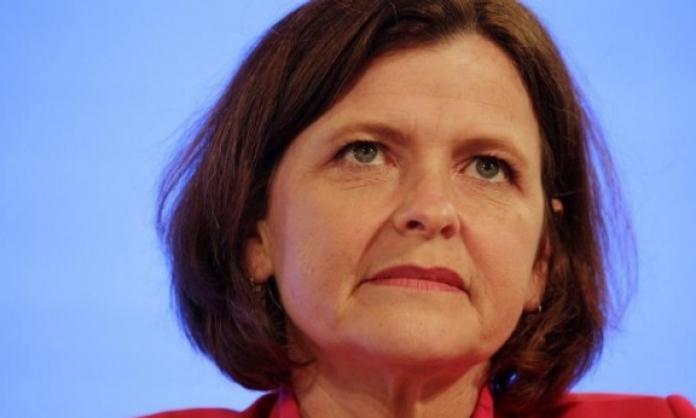If ever there was a problem for which a sensible solution was to make more Facebook memes and hire more lawyers, I can’t think of it. When the problem you’re talking about is the disastrous decline in union membership in Australia, suggesting that either of these might actually be part of the fix is so ludicrous as to be tragic.
Yet this is exactly what’s being offered up by some within the union movement as planks in a strategy to make unions relevant again. The overdue case for change was drafted by a pair of officials from Professionals Australia (notwithstanding its name, Professionals Australia is a union, not an elite dating website) in the lead up to an ACTU leadership forum held earlier this month.
Ged Kearney, ACTU president, said that the forum was “literally, a crisis meeting”. She’s dead right to admit that unions have a problem. A big one. The most recent ABS data show that just 15 percent of workers are members. This is an all-time low.
The most recent ABS data show that just 15 percent of workers are members.
According to Chris Walton and Eric Locke’s strategy document, the way out of this hole, however, will not be the nitty gritty of face to face organising; this they consider too expensive and not digitally disruptive enough.
They argue that “it’s extremely difficult to achieve improvements for workers” these days. Instead, unions will reclaim their “once pivotal role in Australian society” by getting ahead of the “change curve” and out of the workplace.
Walton and Locke call for the scrapping of workplace organisers and their replacement with online campaign managers and lawyers in centralised service call centres; the outsourcing of union office jobs; “re-casting the membership model” to include money-back guarantees and online-only memberships; and “build[ing] partnerships with employers”.
Underlying their position is the argument that unions have already lost. They can’t get members and can’t organise them to win, so best give up trying.
Instead, unions should aim to be a powerful force on social media, because in cyber-space “we retain the power to come together, take action, and then disperse quickly, without eating into increasingly valuable work or personal time”. (Thank Christ someone’s finally figured out a way to be an effective union activist without eating into valuable work time.)
Despite its claims to innovation, Walton and Locke’s paper is a tired re-working of the very approach that is a reason our unions are in such decline. Unions are fighting organisations of the working class. They are more than their Facebook pages. Try and make a meme out of that!





